Due to popular demand, I brushed up on some recent studies on the protein needs for women who lift. While most of the research on protein requirements is conducted on men, there are gender differences in exercise metabolism to consider.
For instance, women use a greater proportion of fat for energy at a given exercise intensity. Compared to men, women are less reliant on glycogen during exercise. Women also tend to be less responsive to carbohydrate-mediated glycogen synthesis during recovery.
As a result, female strength athletes will need a higher protein intake to promote protein synthesis and a positive nitrogen balance. Moreso than otherwise sedentary or endurance training women.
Related: Meal Frequency: What's Better, Three or Six Meals Per Day?
In a new study, researchers explored the protein requirements of resistance-trained women.
They measured whole-body protein synthesis and breakdown and concluded an average recommended requirement of 1.5 grams of protein per kilogram of total body weight.
This is slightly less than male requirements and in-line with other research however the gap is not statistically significant.
It’s worth noting that both men and women would do well to err on the higher side of average requirements. Particularly regular lifters, athletes, or those of us dieting down. More than this may not be any more helpful, especially in the presence of adequate carbohydrate intake.
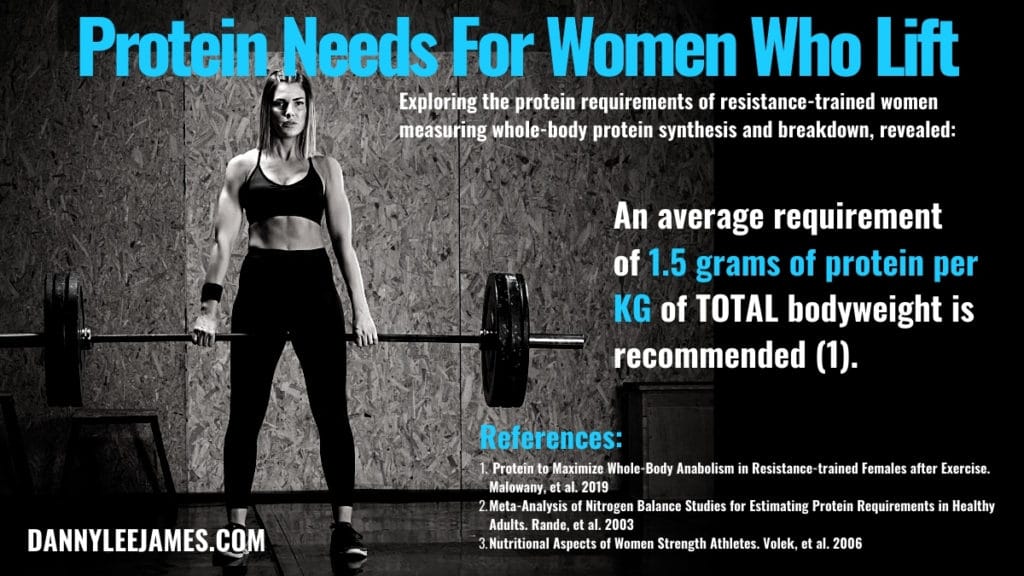
The bodies preferred fuel source for short, intense activity are carbohydrates.
It's important to also include enough carbohydrate to meet daily baseline and exercise requirements, once protein needs are dialled in. This will ensure protein pools are tapped for tissue building and repair, instead of an emergency energy resource when calories dip too low.
Which would spell disaster for your physique and or performance goals and potentially your health in the long run.
Even though, as noted above, women are less reliant on glycogen, adequate energy needs to be consumed in order to maximize training adaptations.
To summarise
- There are gender differences in substrate use and replenishment to consider.
- Protein needs for women who lift are only slightly less than male requirements.
- Adjust your protein first to around 1.5 grams per kilogram of total body weight and veering upwards, if you lift or exercise regularly, compete, or are in the throes of a diet phase.
- Fill most of the rest of your plate with carbohydrates and adjust your total calories north or south of total needs depending on your goals.

References
- Protein to Maximize Whole-Body Anabolism in Resistance-trained Females after Exercise. Malowany, et al. 2019
- Meta-Analysis of Nitrogen Balance Studies for Estimating Protein Requirements in Healthy Adults. Rande, et al. 2003
- Nutritional Aspects of Women Strength Athletes. Volek, et al. 2006
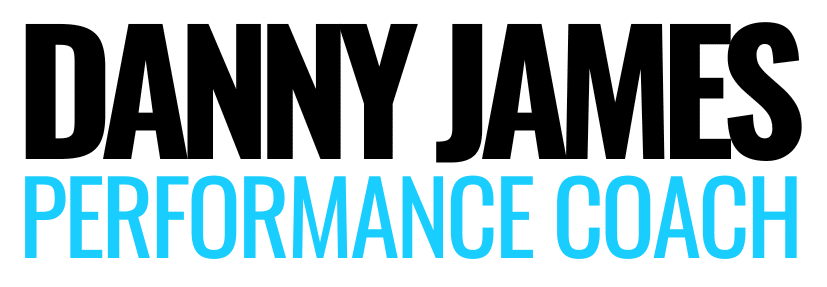
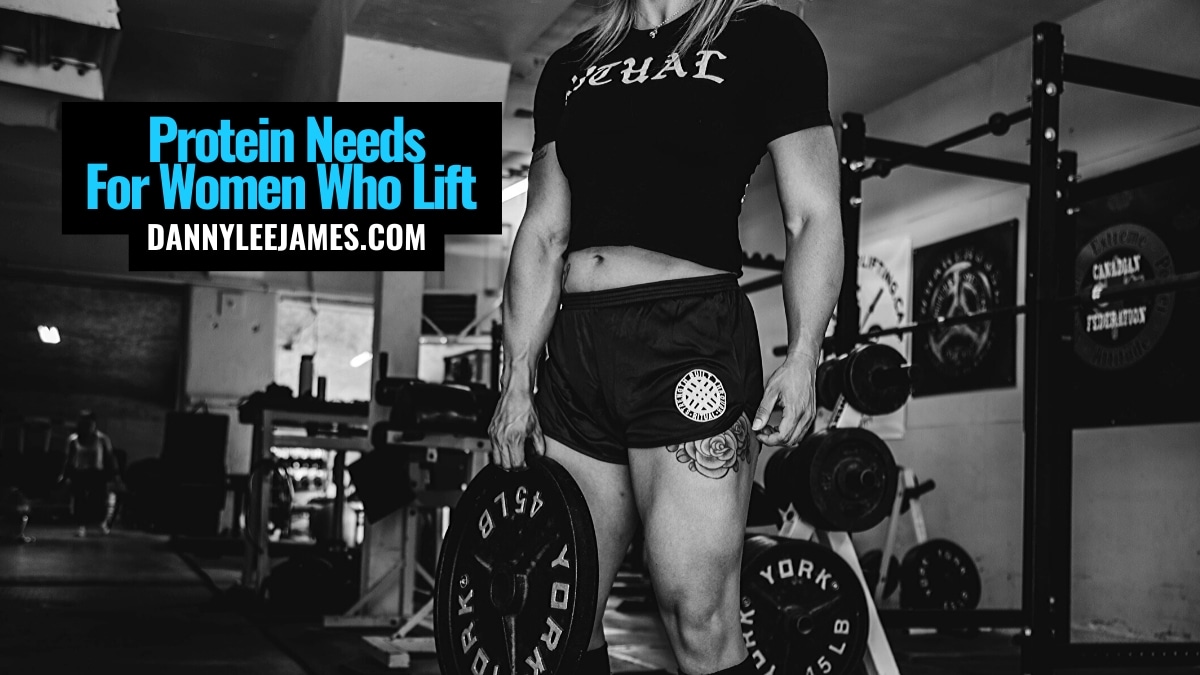




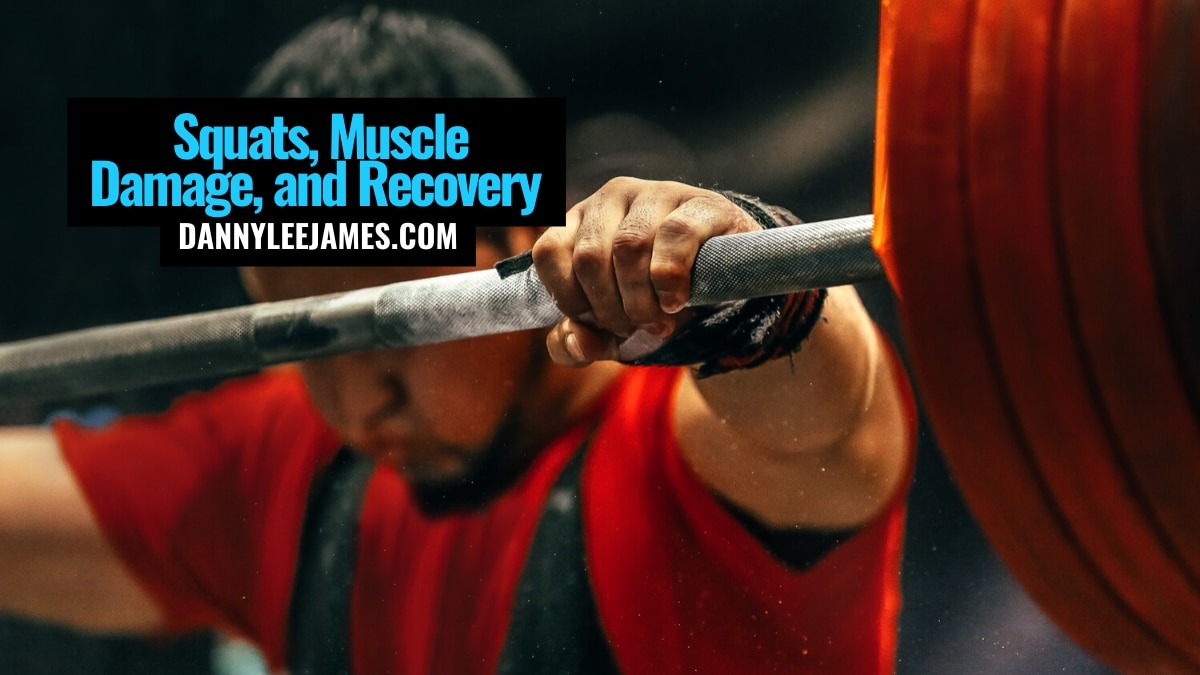
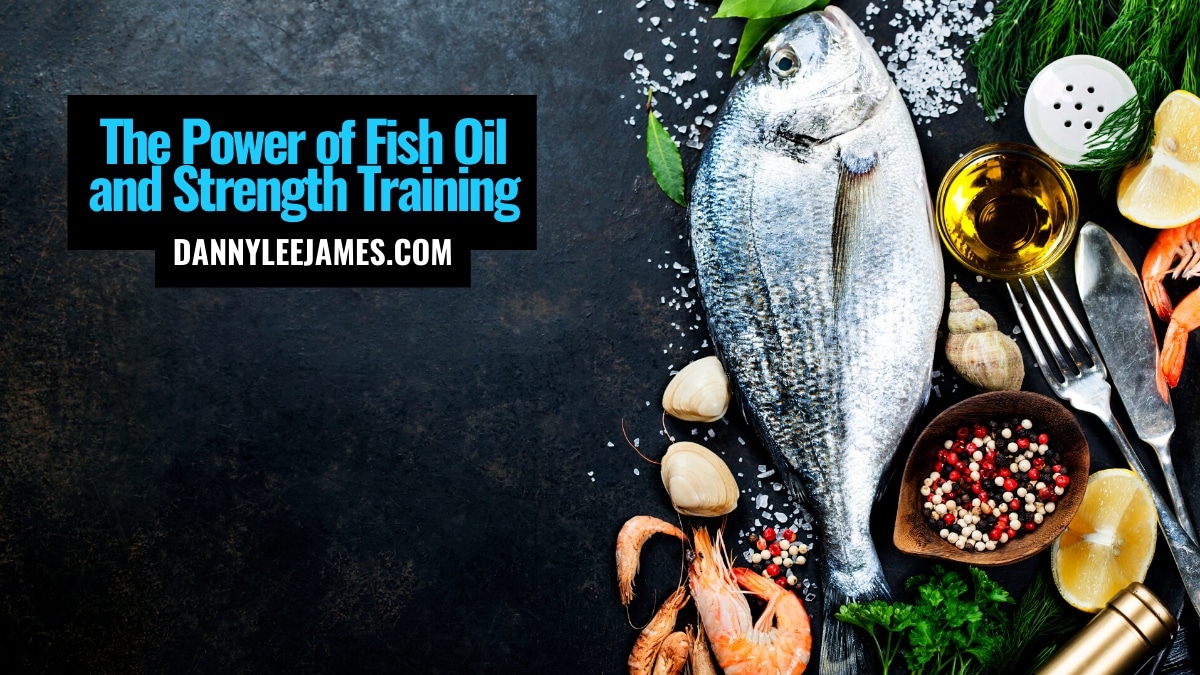
[…] Protein Needs For Women Who Lift […]
[…] Protein Needs For Women Who Lift […]